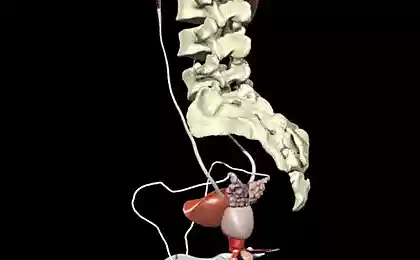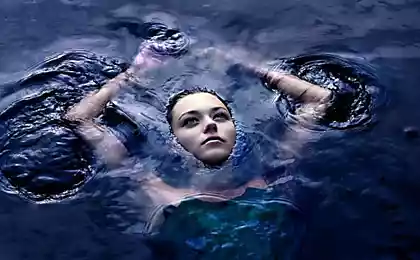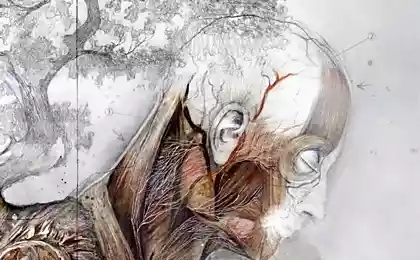538
Japanese scientists on the path to a cure against fear

Researchers from the University of Hiroshima held the first successful experiments, the results of which in the future could lead to the creation of a "medicine against fear". With a simple injection can cure a phobia – a morbid condition of obsessive fear, which now affects many people in the world. In experiments with goldfish, the scientists were able to eliminate the formation of a conditioned reflex fear, but only for the duration of the medication. Japanese scientists on the path to a cure against strahovanii – the scourge of our time. It's not just the fear, and the condition of obsessive fear, with which to cope on their own is impossible. Phobia won't leave me alone, and the imagination and then draws the horrors of putting in the center of the frightening object or event. In a patient with phobia appear vegetative reactions: from fear he blushes or turns pale, hands shaking, increased sweating.
According to the world health organization (who), more than 10% of the world population have a particular phobia. Experts are several hundred obsessive fears, and their number is growing. There is even phobophobia – fear of phobias, which in itself is absurd, but a sick person can not explain it.
Masayuki Yoshida and Hirano Ruriko (Masayuki Yoshida and Ruriko Hirano), scientists from the University in the Japanese city of Hiroshima, had an interesting experience. First, they have developed a gold aquarium fish reflex is a flash of light was accompanied by passing an electric current through the water. Very soon, fish began to experience fear whenever you turn on the light even without the pass of electric current. Objective evidence of fear in fish (which was established long ago) is the slowing of the heart rate, and recorded with instruments Yoshida and Hirano, including light. If the fish began to develop a conditioned reflex was injected in the cerebellum with lidocaine (a local anaesthetic), the fish was no longer "fear" the conditional reflex to the flash bulbs followed by the impact of the current, was not developed. However, when the effect of the lidocaine passed, conditioned reflex to develop the fish again. Japanese scientists believe that these data will help to better understand biological and chemical processes, which develop phobias of people and also in the future to develop an effective cure for these painful diseases.
source
Source: /users/147
Extreme ecotourism – 7 rocky and salty wonders of the world
Garden furniture with their own hands 5 interesting ideas























